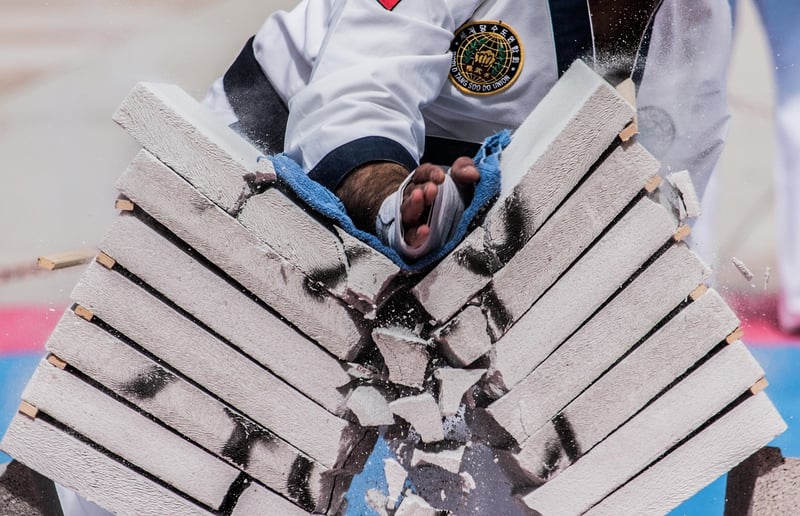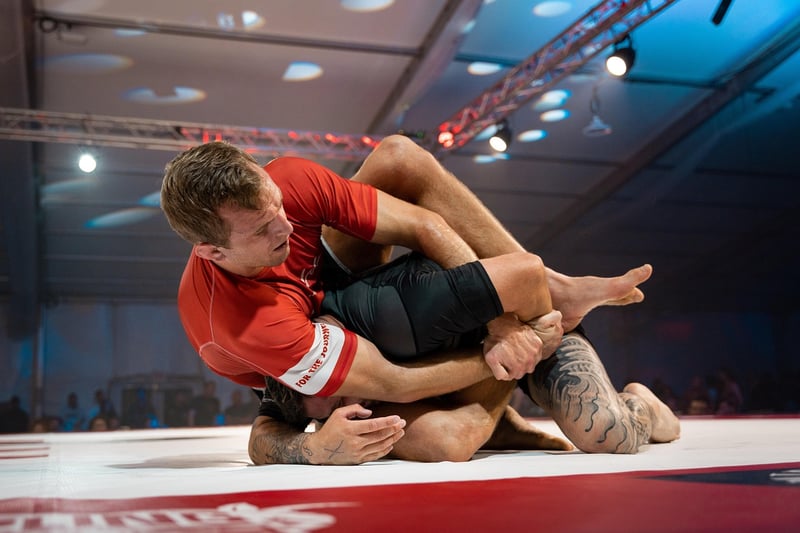Jiu-Jitsu
The Art of Self-Defense: Discipline and Jiu-Jitsu Techniques
Self-defense is a crucial skill to have in today's world. It not only empowers individuals to protect themselves but also instills a sense of discipline and confidence. When it comes to effective self-defense techniques, Jiu-Jitsu stands out as a comprehensive martial art that focuses on leverage, joint locks, and submissions. Let's delve into the world of Jiu-Jitsu and how it promotes both discipline and self-defense.
The Importance of Discipline in Self-Defense
Discipline is the foundation of any martial art, including Jiu-Jitsu. It teaches practitioners to respect their opponents, remain focused, and stay calm under pressure. In a self-defense situation, maintaining discipline can mean the difference between escalating violence and resolving a conflict peacefully. Jiu-Jitsu emphasizes the importance of self-control and strategic thinking, enabling individuals to defend themselves effectively while minimizing harm to both parties.
Key Self-Defense Techniques in Jiu-Jitsu
Jiu-Jitsu is renowned for its practical self-defense techniques that are suitable for people of all ages and physical abilities. Some key techniques include:
- Joint Locks: By manipulating an opponent's joints, such as wrists, elbows, and shoulders, practitioners can control and neutralize attackers without causing serious injury.
- Chokes and Strangles: Jiu-Jitsu teaches various chokeholds and strangleholds that can render an aggressor unconscious, allowing individuals to escape safely.
- Ground Fighting: A significant aspect of Jiu-Jitsu is ground fighting, where practitioners learn how to defend themselves and submit opponents while on the ground.
- Escapes and Reversals: Jiu-Jitsu emphasizes the importance of escaping from dangerous situations and reversing positions to gain the upper hand.
Mastering these techniques requires consistent practice, focus, and dedication, all of which contribute to developing discipline and self-confidence.
Training in Jiu-Jitsu for Self-Defense
Whether you are a beginner or an experienced martial artist, training in Jiu-Jitsu can significantly enhance your self-defense skills. Many martial arts schools and academies offer Jiu-Jitsu classes taught by experienced instructors who emphasize both technique and discipline.
Remember, self-defense is not just about physical techniques; it is also about being aware of your surroundings, assessing potential threats, and de-escalating confrontations whenever possible. Jiu-Jitsu provides a holistic approach to self-defense, focusing on mental preparedness, physical conditioning, and technical proficiency.
Conclusion
Discipline and self-defense go hand in hand, and Jiu-Jitsu embodies these core principles. By practicing Jiu-Jitsu, individuals not only learn effective techniques to protect themselves but also cultivate the mental fortitude and discipline needed to navigate challenging situations with confidence and composure.
Whether you are interested in self-defense, martial arts, or personal development, Jiu-Jitsu offers a rewarding journey that combines physical training with mental discipline.
Stay safe, stay disciplined, and empower yourself with the art of Jiu-Jitsu!

Image Source: Pixabay
